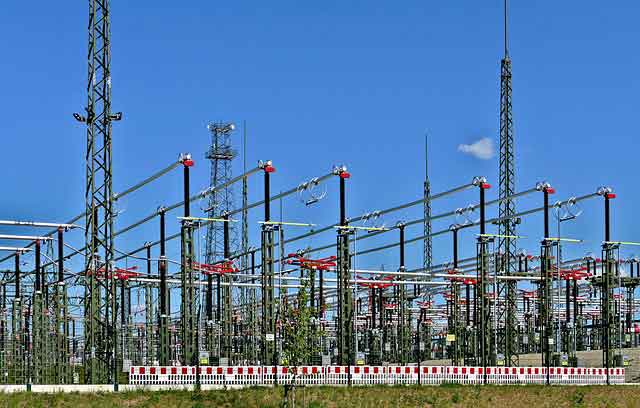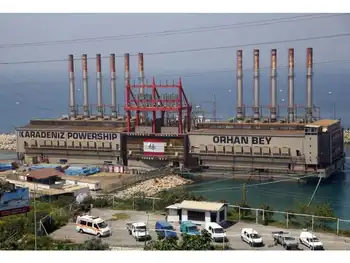China is winning the race for green collar jobs
Following the economic downturn, both the United States and Europe aim to spur jobs in a green push to fight climate change and boost energy security, but China may leapfrog both this year in new wind power — a key measure.
China passed the United States in numbers of new wind turbines built in the first half of 2009, data from Beijing-based specialists Azure International shows, and is also increasing its share of the main solar demand market, Europe.
"I think China is definitely winning the race," said Wu Changhua, China director of the London-based environment body The Climate Group, citing support for low-carbon LED lighting and electric cars as well as wind and solar.
"A low-carbon economy is mainstream thinking," she said, adding that Chinese development was helped by swifter centralized decision-making compared with its rivals.
In wind power, local demand often means local jobs — that's especially true in China where an unofficial rule says all installed turbines must include 70 percent local content.
International companies' market share there is falling.
"In the first half (of 2009) that decline continued," said Sebastian Meyer, head of research at Azure International.
Tough financing markets plus falling oil prices have dented clean energy prospects worldwide and created a glut of turbines and solar panels, with recovery expected from next year, aided by new stimulus programs.
Related News

FERC needs to review capacity market performance, GAO recommends
WASHINGTON - Capacity markets may or may not be functioning properly, but FERC can't adequately make that determination, according to the GAO report.
"Available information on the level of resource adequacy ... and related costs in regions with and without capacity markets is not comprehensive or consistent," the report found. "Moreover, consistent data on historical trends in resource adequacy and related costs are not available for regions without capacity markets."
The review concluded that FERC collects some useful information in regions with and without capacity markets, but GAO said it "identified problems with data quality, such as inconsistent data."
GAO included three recommendations, including…




